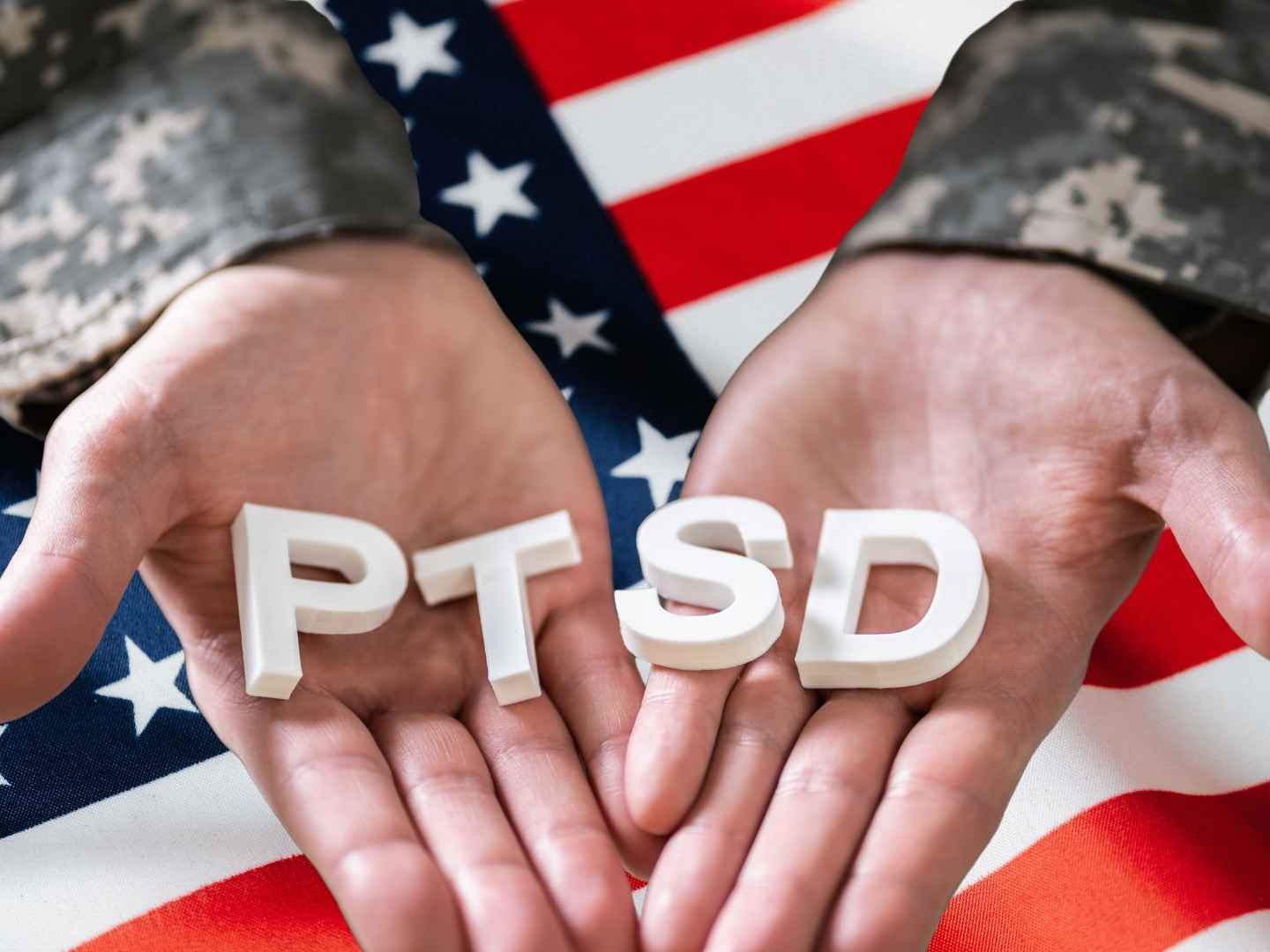Healing the Wounds Within: Cannabis as a Lifeline for Veterans with PTSD

Post-Traumatic Stress Disorder (PTSD) is a relentless adversary for countless veterans, casting long shadows over their daily lives. Traditional treatments often fall short, leaving many in search of alternative solutions. Emerging research and personal narratives suggest that cannabis may offer a glimmer of hope in this ongoing struggle.
A Ray of Hope
A pivotal study highlighted in the Journal of Veterans Studies reveals that medicinal cannabis use among Canadian veterans correlates with a reduction in PTSD severity and suicidal ideation.
This finding aligns with reports from veterans who have experienced relief from debilitating symptoms through cannabis use.
Navigating the Controversy
Despite these promising insights, the medical community remains divided. The National Center for PTSD cautions that current research does not conclusively support cannabis as an effective PTSD treatment and warns of potential adverse effects, especially with prolonged use.
This dichotomy underscores the necessity for comprehensive, controlled studies to ascertain cannabis's true efficacy and safety for PTSD patients.
Recognizing the urgent need for clarity, the U.S. Food and Drug Administration (FDA) has greenlit a groundbreaking clinical trial. This study aims to evaluate the real-world effects of high-THC cannabis on PTSD symptoms in veterans, marking a significant stride toward evidence-based conclusions.
Balancing Benefits and Risks
While cannabis presents potential therapeutic benefits, it's imperative to approach its use with caution. The Department of Veterans Affairs highlights a notable prevalence of cannabis use disorder among veterans, particularly those with PTSD.
This statistic emphasizes the importance of medical supervision and a holistic treatment plan when considering cannabis as a therapeutic option.
The transformative power of cannabis is exemplified by individuals like Robert O'Neill, the former Navy SEAL renowned for eliminating Osama bin Laden. O'Neill has ventured into the cannabis industry, driven by a desire to assist fellow veterans in managing PTSD and related challenges. He advocates for cannabis as a healthier alternative to alcohol and prescription medications, aiming to provide relief from anxiety and stress.
Final Thoughts
The intersection of cannabis and PTSD treatment for veterans is a complex and evolving landscape. While anecdotal evidence and preliminary studies offer hope, definitive conclusions await the outcomes of rigorous scientific research. Veterans considering cannabis as a therapeutic avenue should engage in open dialogues with healthcare providers to navigate this path safely and effectively.
Please note: You are not currently logged in. Only members can contribute comments. If you would like to contribute click the button below.

JUN
Wednesday
4
A Dispensary EventDragonfly Wellness |
Dragonfly Wellness
Community Clean Up
We're an organization that is dedicated to the idea of empowering our community.
Every Thursday morning we partner with our neighbors at the Geraldine E. King Women's Resource Center to clean up our neighborhood together! We encourage all patients, pharmacies and community members alike to join us!
We understand it's not always possible to donate financially. So we have created a Covid-safe activity to benefit our entire community by cleaning it up, connecting and getting out doors all while simply donating our time together.
Masks are required. Social distancing is enforced. Supplies such as gloves, trash pickers, bags and sharp buckets will be provided for all volunteers at the south side of our building
We cannot thank you enough for your generous donation of your valuable time.
|
||||||

JUL
Monday
21
A Physician EventBryan Doner, DO |
Compassionate Caregivers and Compassionate Certification Centers
PA Medical Marijuana Educational Forum – Cranberry Public Library
Diana Briggs, Founder of PA Compassionate Caregivers and Dr. Bryan Doner, CEO of Compassionate Certification Centers, will give an overview of our PA Medical Marijuana Program. In addition, we will complete the evening with a panel of experts from the MMJ Industry to answer all of your questions.
|
